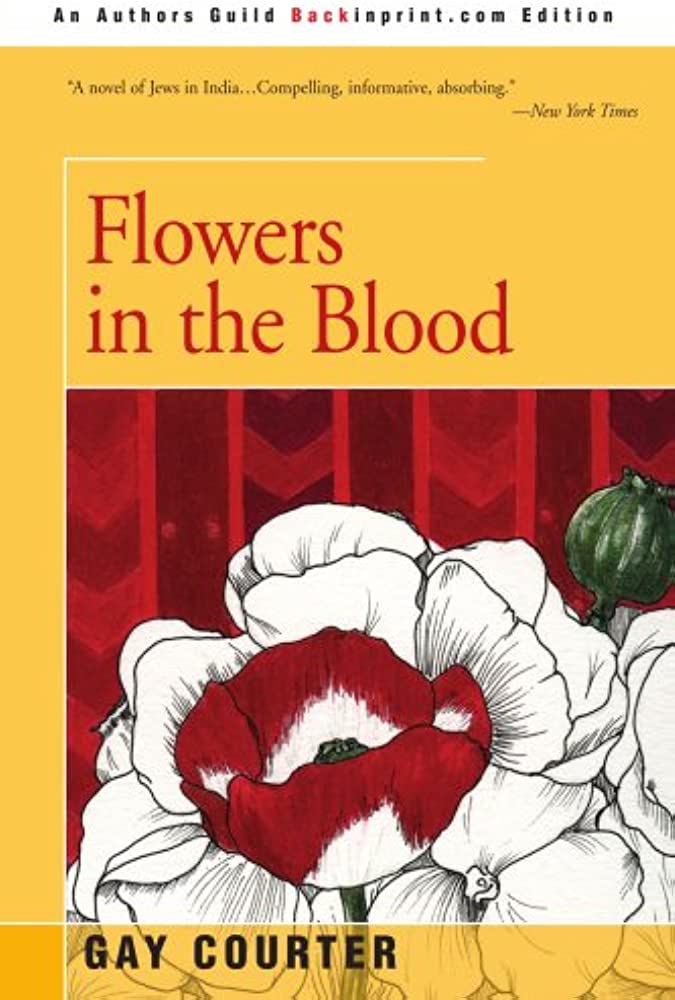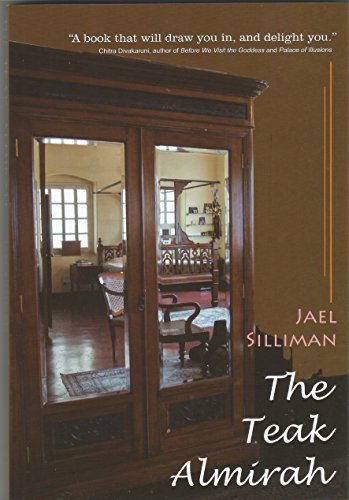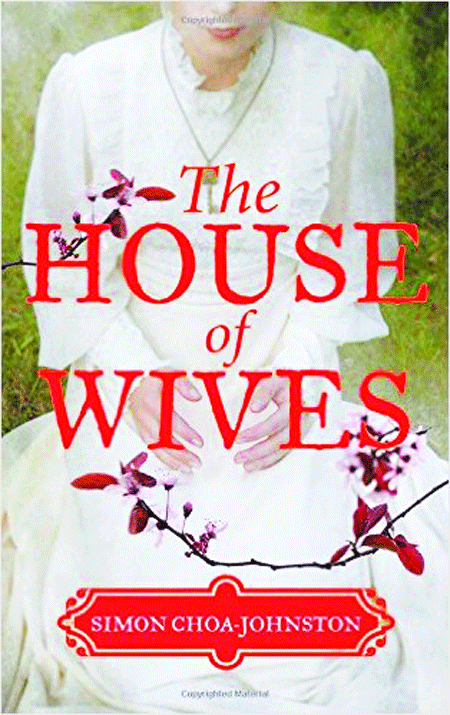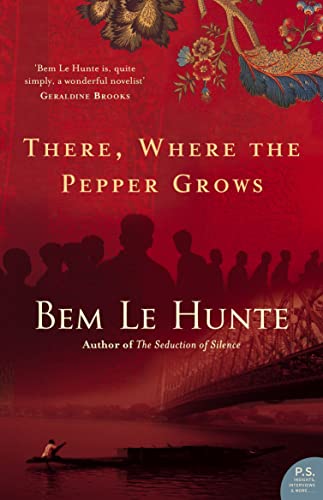02 A NOVEL EXPERIENCE
News report on Rajya Sabha TV provides a 30-minute overview on the history of the community. Raz Joshua, (living in Florida now), performs Haggadah blessings using traditional chants and rites from Kolkata during a Passover celebration. A video made by his friend, shows general JFR Jacob reading his favorite poetry. A short film, “Mukti” provides a glimpse into JFR Jacob’s role in capturing Dhaka during Indo-Pakistani war of 1971. World famous Kolkata-born sculptor Gerry Judah talks about “Bengal” piece through which he revisits his homeland and raises awareness about the climate change. Today one must search for “Jewish Calcutta”, that for the most part, has been consumed by the City. A trailer of ‘Shalom Bollywood’ (see film gallery #3) introduces audience to the story of Jewish movie stars who were crucial in the forming years of Bollywood. A short feature by 101 India talks about the present and the past of Calcutta’s Jews and interviews some of the last members of the community.
There is a film about Muslim caretakers of the synagogue and a trailer of Dwelling in Travelling that tells the story of the community by Subha Das Mollick.

Flowers in the blood by Gay Courter
Flowers in the Blood by Gay Courter is a racy novel that is based on a murder that took place in the Jewish community in October 1858. It is the only murder trial in the Jewish community and it caused quite a stir. It was reported in the papers of the time (The Bengal Hurkuru and The Englishman).
Leah Judah was murdered in her home on 5 Pollock Street. While many believed the dagger was thrust by Ezekiel Rahamim Shurbanee who was hired as an accomplice by Nissim Gubbay to kill his lover. However, the verdict of the trial was “Not guilty.” Most community members were convinced that they were both guilty and before leaving Calcutta to Jerusalem where he fled, Nissim agreed that he had committed the murder. He returned to Calcutta after 3 years and was shunned by the community and so he left for China. It is rumoured that he met a violent death there in an opium den in Hongkong.
(From Turning back the Pages, “Murder Most Foul”, chapter 5, pages 190 – 211.
The Teak Almirah by Jael Silliman, 2016
Fifty-six years after he had left Calcutta for Australia, Mordy returned to the city of his birth and childhood. To visit his parents’ graves, to pay his respects. But appalled by the squalor and chaos of the crowded metropolis and disheartened by what little of Jewish roots he could rediscover in this once cosmopolitan city, Mordy wondered if his visit to Calcutta was more like a bad dream.
Until he met Tamara and Seemah, two ladies who showed him a rosier, positive side of the city. A sprightly young woman from London, in Calcutta to teach flamenco on a British Council scholarship, Tamara was also on a personal mission: to explore her Jewish roots, for her father had been a Jews from the city. Unlike Tamara’s father or Mordy, Seemah, elderly single, had stayed on in Calcutta, and was now one of only a handful of Jews left in the much-changed vity. Her life was ordered, unexciting, burdened by an inner sadness, waiting as she emptied out the teak almirah for a special person to walk in…
…And it happened, tumultuously when a Parsi lady in Poona discovered an old telegram.
“The Teak Almirah is a poignant novel about identity and belonging. It invokes the Calcutta of the past, when it was a city of grace and charm, now lost, in great detail and a dash of nostalgia. Jael Silliman is a a writer to make Calcutta and those who love the city proud.”
– Rudrangshu Mukherjee, historian and Opinions Editor, The Telegraph, Calcutta
“Poignant. Full of empathy. And humour. And love and longing. Quiet story-telling that gets under your skin. Teak Almirah is all this and more. A celebration of Calcutta.”
– Navin Kishore, author and publisher


The House of Wives by Simon Choa Johnston
The “House of Wives” is written by Simon Choa-Johnston and based loosely upon his great grand-father, Emanuel Raphael Belilios “the foremost opium merchant in Hongkong in the 1880s.” Emanuel Belilios was a Jewish Opium merchant from Calcutta. He made an enormous fortune while in Hong Kong. He was a very keen philantropist and funded many schools and other noble causes in Hong Kong, Calcutta and other places.
There, Where the Pepper Grows, by Bem Le Hunte, 2005
There, Where the Pepper Grows, by Bem Le Hunte, 2005
The novel is set during World War II in Calcutta, and is based on the lives of refugees from Poland who found safe haven in Calcutta. It also goes into historical details about the Baghdadi Jewish community of Calcutta.
One of the characters in the book is a real Japanese diplomat Mr Chiune Sugihara who has been honoured by the Lithuanian govt with a statue in Vilnius. For more information on Sugihara, click here.

The Man With Many Hats by Jael Silliman, 2013
To Rachel, exuberant Morris is larger than life – he fills his home in Calcutta with wonder and excitement. As Rachel grows up, glimpses of her father’s tempestuous spirit, womanizing and bullying reveal a darker side to his character. When her family falls apart, her childhood memories collide with new realities. Rachel survives her own tragedy, and begins to reconcile the image of the father she knew with the increasingly lonely and tragic figure he has become. She comes to terms with the complexity and totality of the man with many hats.
This debut novel has the warmth and vibrance of both the City of Calcutta and its dwindling but vital Jewish community.
